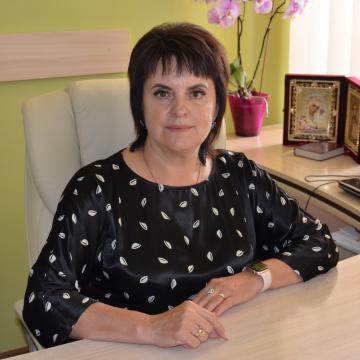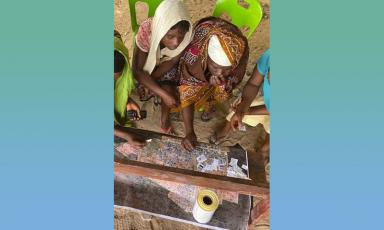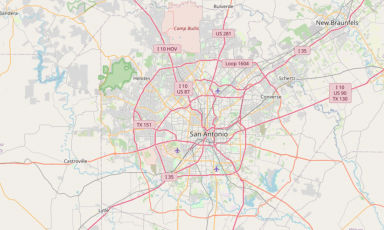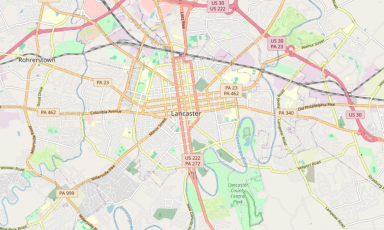Dunaivtsi, Ukraine
A Home Away from Harm: Sheltering IDP Families in Dunaivtsi

Summary
The town of Dunaivtsi – home to 15,243 residents – has received over 5,000 IDPs since the Russian invasion of Ukraine, and the wider Dunaivtsi territorial community has received more than 12,500 IDPs. To address the needs of IDP families, the Department of Social Protection and Labor of the Dunaivtsi City Council commits to rehabilitate a medical building to establish a family center that will provide housing and wraparound inclusionary services to 30 internally displaced families with young children. In addition to housing, the family center will provide internally displaced children and their caregivers psychological counselling and access to social services to support their well-being, inclusion, and healthy development. The center’s wraparound offerings will include individual and family meetings with psychologists, educational and touristic excursions, and visits to after-school and sport programs. Dunaivtsi territorial community will also furnish the family center with age-responsive indoor and outdoor spaces for children and their caregivers to safely play and rest. With this commitment, Dunaivtsi territorial community will fill a critical need for dignified and safe housing for internally displaced families. This project is supported by the Global Cities Fund for Migrants and Refugees.
Impact
The family center in Dunaivtsi territorial community will provide safe and dignified housing for 30 families with children displaced during Russia’s invasion. In addition to fulfilling essential needs, the center's housing provides IDPs a stable and comfortable alternative to leaving Ukraine. This local housing will make it easier for IDPs from nearby regions to return to their original homes after the war.
The center’s wraparound community orientation and integration activities will improve internally displaced families’ social inclusion and sense of belonging in Dunaivtsi. By providing tailored psychological care to children and their caregivers, the center will also promote children’s healthy emotional development and help families cope with trauma.
Importantly, the project will forge constructive relationships between Dunaivtsi’s local government, receiving community, and internally displaced families. These new avenues for engagement will improve internally displaced peoples’ civic inclusion and encourage their involvement in local policymaking and implementation.
After the war, Dunaivtsi plans to repurpose the family center as a children’s camp or a rehabilitation facility for domestic and gender-based violence survivors. The center and its public spaces promise to be a hub for community inclusion and support far into the future.



